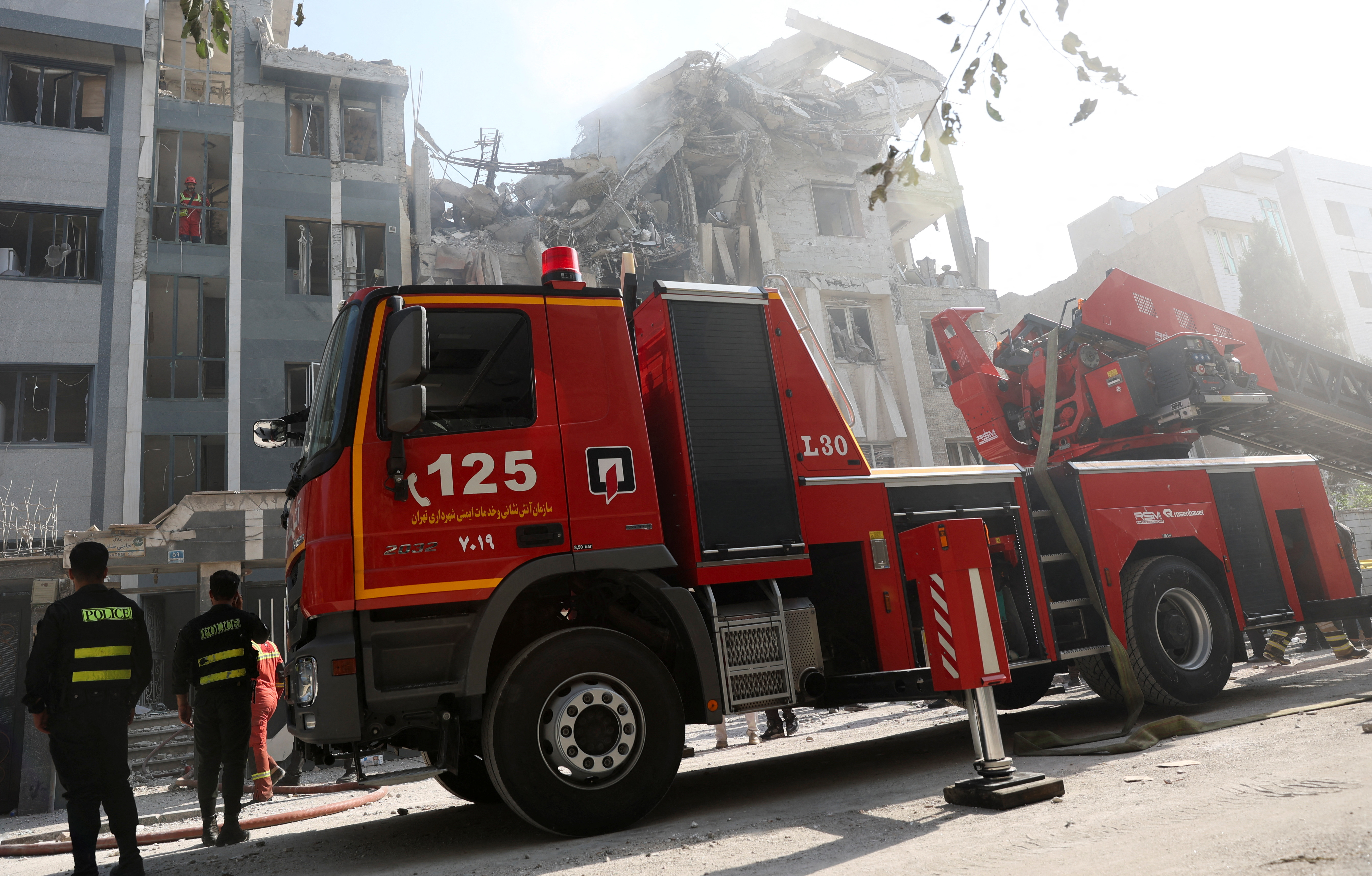In a sweeping and highly coordinated military campaign, Israel launched a series of preemptive strikes against Iran’s nuclear and ballistic missile infrastructure overnight, marking a dramatic escalation in the long-simmering confrontation between the two nations.
The operation, dubbed “Rising Lion,” was confirmed by Israeli Prime Minister Benjamin Netanyahu, who said the strikes were necessary to eliminate an imminent existential threat posed by Iran’s advanced nuclear capabilities.
Joining Chicago’s Morning Answer with Dan Proft and Amy Jacobson from Jerusalem, Jonathan Schanzer of the Foundation for Defense of Democracies described the attack as a “massive surprise” that targeted Iran’s key nuclear enrichment facilities, top nuclear scientists, and senior military officials associated with the regime’s weapons development.
According to Schanzer, Israeli Air Force operations were still underway hours after the initial strikes. “This was not just a pinprick operation,” Schanzer said. “It was a wide and sweeping effort designed to dismantle Iran’s nuclear breakout capabilities and halt its progress toward a nuclear weapon.”
In recent months, intelligence assessments suggested that Iran was just months—or even weeks—away from producing a functional nuclear bomb. Israeli officials claim Tehran had accumulated enough highly enriched uranium for at least nine warheads and had begun weaponization efforts.
The response from Tehran so far has been limited. Iran attempted to launch drones in retaliation, but regional air defenses—including those possibly operated by Jordan, Saudi Arabia, or Iraq—intercepted them before they reached Israeli airspace. No missiles have landed in Israel, but military officials have warned of potential counterstrikes in the coming days.
Schanzer noted that while Iranian proxies such as Hamas and Hezbollah remain hostile, they are currently in weakened states due to recent conflicts and internal strain. “The one group to watch is the Houthis in Yemen,” he added, “who possess long-range ballistic capabilities and may seek to retaliate on Iran’s behalf.”
Critics of Israel’s actions, including some prominent voices in American media, have called the strikes reckless and destabilizing. Commentator Tucker Carlson warned that such an operation could ignite a wider conflict, potentially drawing in Iranian allies like Russia and China and triggering a global economic crisis. Schanzer dismissed those concerns as exaggerated, arguing that the threat of a nuclear-armed Iran is far more destabilizing in the long term.
He also pushed back against the rising tide of American isolationism. “Preventing Iran from going nuclear is not neoconservative adventurism,” he said. “It’s a matter of national and global security. Americans should want to stop a terrorist regime from acquiring weapons of mass destruction.”
President Donald Trump appeared to be in sync with the Israeli operation, having previously warned Iran to dismantle its nuclear program or face consequences. In a March letter, Trump gave Iran a two-month window to negotiate or risk military action. That deadline has since passed, and Iran rejected recent U.S. overtures. In comments made just after the strikes, Trump maintained a diplomatic posture, urging Iran to make a deal now “before it’s too late.”
Schanzer said there is strong speculation that the United States was aware of, and possibly coordinated with, Israel on the timing and scope of the strikes. Though no official confirmation has been made, he noted that Trump’s public statements and the repositioning of U.S. personnel in the region strongly suggest foreknowledge.
Looking ahead, Schanzer believes the strikes could reshape the Middle East. “Israel has a real opportunity now to change the map, to alter the trajectory of the region,” he said. “If they can finish this operation cleanly, they’ll have tremendous leverage not only with Iran but also in strengthening alliances with Arab states that share their fear of Tehran’s ambitions.”
As the region braces for what may follow, Israeli citizens remain on high alert, with many staying close to shelters. But for now, Schanzer reported, the streets of Jerusalem are quiet—at least outwardly—while the world watches closely to see if the operation truly neutralizes Iran’s nuclear threat or sparks a larger regional conflict.





